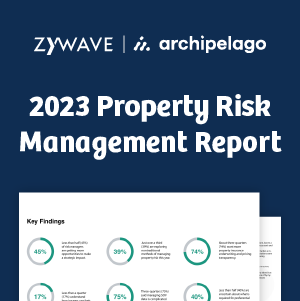Illinois courts have upheld ‘dangerous substances’ to constitute physical loss, plaintiffs say
By Erin Ayers, Advisen
A group of Chicago-based restaurants and theaters sued their insurer this week over denied business interruption claims, arguing that the presence of novel coronavirus should be considered a “direct physical loss.”
The groups, which hold businessowners policies with Society Insurance, wrote in their complaint that the insurer denied the claims “within hours of receiving plaintiffs’ claims—without first conducting any meaningful coverage investigation, let alone a ‘reasonable investigation based on all available information” as required under Illinois law.” The insurer denied the claim because the government-mandated closures of the businesses due to “actual or alleged presence” of coronavirus is not a covered loss, according to the complaint.
However, courts in Illinois have “consistently held that the presence of a dangerous substance in a property constitutes ‘physical loss or damage,’” the plaintiffs said.
The losses due to shutdown continue to rise, but are expected to exceed $10 million, according to the hospitality groups, which include Big Onion Tavern, Beercade, Happy Camper Pizzeria and other Chicago eateries and entertainment venues. They are seeking declaratory judgment against Society and also allege breach of contract and bad faith.
Society Insurance’s conclusory statement that the actual or alleged presence of a substance like COVID-19 does not result in property damage is contrary to the law in Illinois. Illinois courts have consistently held that the presence of a dangerous substance in a property constitutes “physical loss or damage.”
The Society businessowners policy does not contain an exclusion for loss covered by viruses, the plaintiffs said. The facts that virus exclusions exist broadly in the insurance marketplace “undermines” the insurer’s position that presence of a virus does not constitute physical loss or damage.
“If Society Insurance had wanted to exclude pandemic-related losses under the Plaintiffs’ policies—as many other insurers have done in other policies—it easily could have attempted to do so on the front-end with an express exclusion. Instead, Society Insurance waited until after it collected Plaintiffs’ premiums, and after a pandemic and the resulting Closure Orders caused catastrophic business losses to Plaintiffs, to try to limit its exposure on the backend through its erroneous assertion that the presence of the coronavirus is not ‘physical loss’ and therefore is not a covered cause of loss under its policies,” the plaintiffs said.
Society Insurance is a Wisconsin-based insurer that specializes in restaurant and hospitality coverage. While the insurer did not respond to calls on the litigation, Society CEO Rick W. Parks published a message on the coronavirus crisis on their website, commenting, “Insurance has always identified and excluded coverage for loss events that are so large, or are so unpredictable, that they outstrip the capacity of the industry to fund losses, or even price the exposure accurately. Exclusions for acts of war, nuclear incidents and flood are part of insurance policies for these reasons. These are the same reasons that coverages for pandemic events are excluded. The insurance industry combined does not have enough assets to fund these losses and still be able to meet past and future obligations. Only government has the financial power to respond to these types of events.”
The plaintiffs join a growing number of restauranteur litigants hoping to find coverage under their policies to respond to the significant drop in income resulting from business closure orders.
Editor Erin Ayers can be reached at [email protected].




